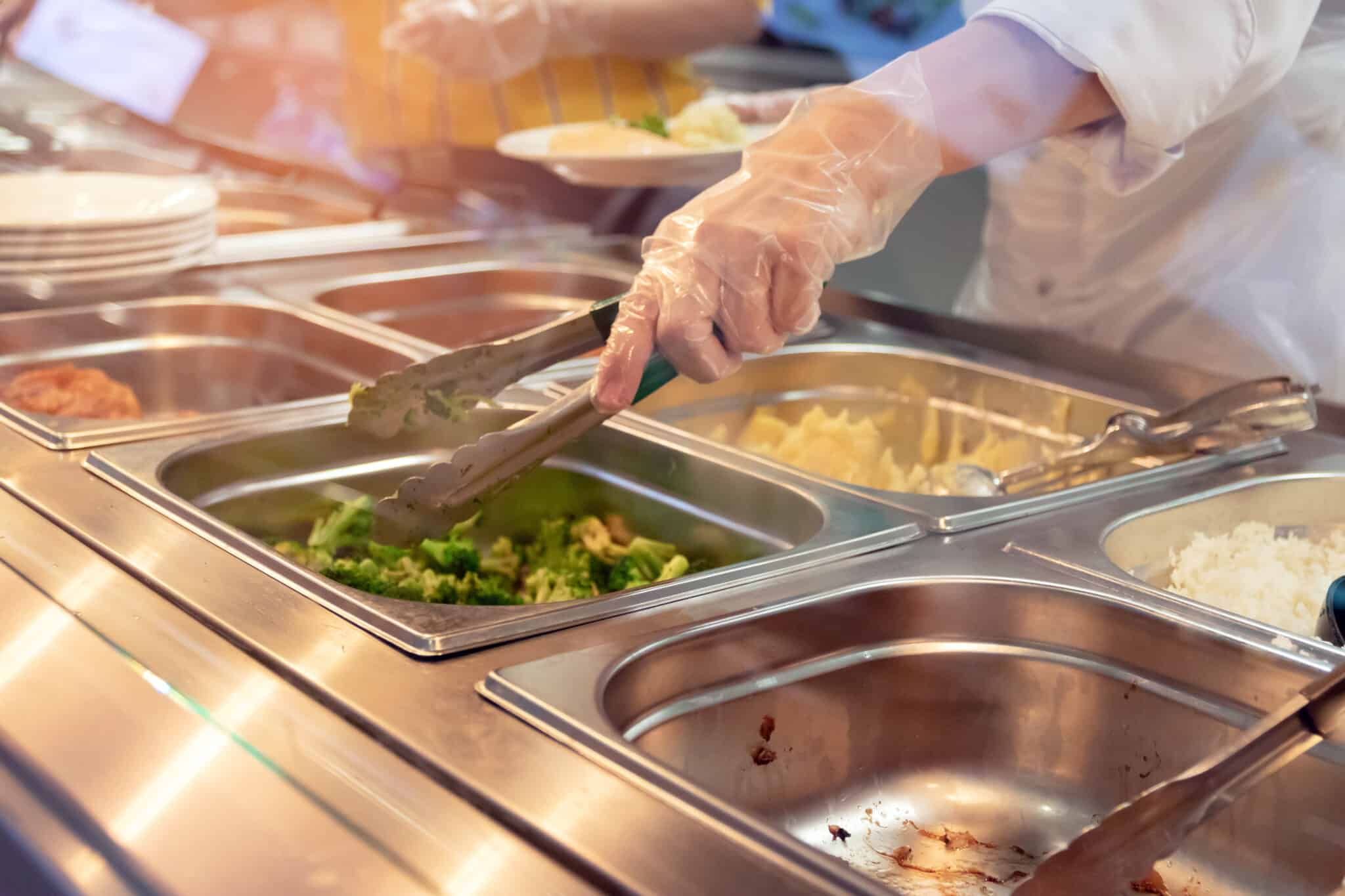Change has to come from both directions: top-down, in the form of government legislation, taxes and regulations, but also bottom-up, with talented and dedicated people determined to improve the food in their own families, schools or communities.
I said at the beginning of this book that each of us is an unwitting cog in the vast, complex, strangely invisible food system. Every choice we make, everything we buy and eat, is informed by the movements of this giant machine. But the cogs also move the machine. Precisely because we are so deeply embedded in the food system, we do have some power to reverse its direction.
I urge you to take a moment to think about the food around you – in your workplace, your neighbourhood, or just at home. What is working? What isn’t? Think of one positive change you could make. Parents often ask me what they can do to improve the food at their child’s school. The first thing I suggest is that they ask to have lunch at the school. It’s always fun to eat with the children (and the children love these state visits from parents – at primary school anyway).
By showing an interest, you are signalling to the headteacher and kitchen staff that you care. You’d be surprised how effective this simple gesture can be: the food eaten by thousands of schoolchildren in this country has been transformed because a handful of parents decided to take a look, triggering a chain reaction of concern.
The same applies to staff canteens, youth clubs, care homes, hospitals and all other forms of institutional catering. If you think it isn’t good enough, say so. Get involved. If you’re the one in charge of catering, aim higher. Go in search of other people who are doing it better, and learn from them. Share your own stories of success and failure with others in your industry.*
If you are in any kind of position of power, use it wisely. Politicians are lobbied continually by the businesses that benefit from the current food system, arguing in favour of the status quo. Often – as with the ITV executives mentioned in Chapter Eight – this lobbying is overt. But it also takes subtler, more pernicious forms, such as funding or deliberately misinterpreting research in order to downplay the environmental or health costs of the modern diet (the half-a-Smartie argument). Food company bosses have mastered the art of polite intransigence: making sympathetic noises about doing the right thing, while refusing to do the right thing.
Any politician who attempts to force through change using legislation will be visited by a stream of handwringing CEOs, all assuring them – in a Sir-Humphrey-ish tone of regretful pragmatism – that such a law would wipe out their profits and put an irreparable hole in the economy.
These bosses know that change is needed. But they will never call for it in public, or stop lobbying against it. Tim Rycroft, a spokesman for the Food and Drink Federation, hinted at this conundrum in the BBC documentary What are we Feeding our Kids? Asked whether the priority of food companies should be profit or public health, he answered without hesitation: ‘Profit.’ But he added: ‘The industry has to be guided by the government. If the government says there is a reason why these [foods] are no longer acceptable, of course we will change.’ If you work in the food sector, be brave. Speak out. Don’t let the professional naysayers be the loudest voices in the corridors of Whitehall. Whatever your profession, lobby for change. Write to your MP. Use your own expertise to jump-start improvements in your sector. I made this challenge recently in a speech to bosses from across the private and public sector. One of them works in prisons, and has now set himself the task of reviving prison farms. (If you are currently Prime Minister and happen to be reading this, please refer to the Appendix for your to-do list.)
If you have time, get involved with community or charity projects. You could help out at a local food bank, or deliver hot meals to the vulnerable. Make changes in your home, too. It could be as simple as cutting down your own meat consumption – not theoretically, some day in the future, but now. If you normally eat meat every day of the week, make tomorrow a veggie day. And the next day. There you go: a cut of almost 30 per cent straight off the bat.
Ravenous: How to get ourselves and our planet into shape by Henry Dimbleby and Jemima Lewis (£13.99, Profile Books) is out now.










0 Comments